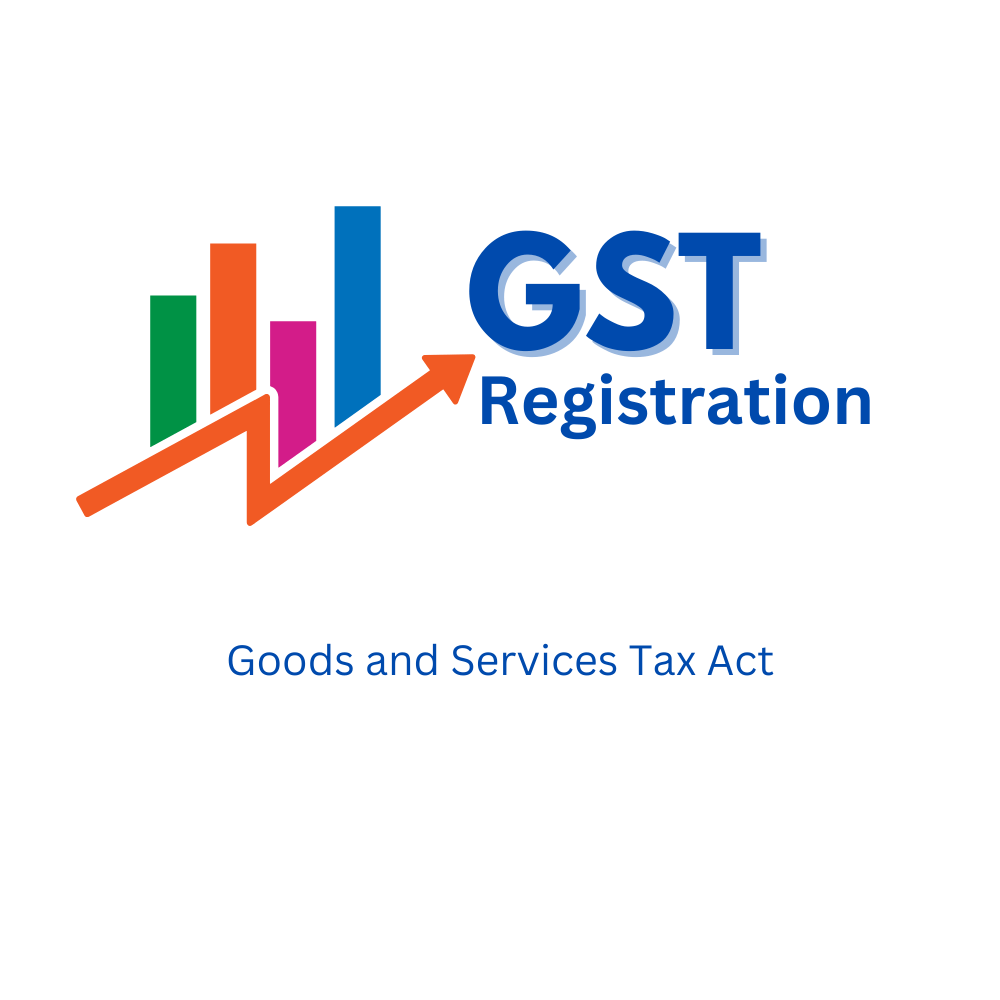Comprehending the Perks of the very best GST Registration Services in Singapore
Wiki Article
From Beginning To End: The Ultimate Roadmap to GST Registration for Companies Looking For Financial Stability
Browsing the intricacies of Product and Solutions Tax Obligation (GST) enrollment is a crucial step for businesses striving for financial security. Damaging down the roadmap right into workable steps can streamline the registration trip for organizations looking to boost their economic standing.Recognizing GST Essentials
Diving right into the basic concepts of Goods and Services Tax (GST) is vital for gaining a comprehensive understanding of its ramifications on organizations and the economic situation. GST is a value-added tax obligation imposed on a lot of products and solutions for residential usage. It has changed several indirect taxes that existed in the pre-GST period, enhancing the tax framework and enhancing convenience of doing service in India. Under the GST system, both products and services are taxed at a certain rate, which is determined based upon their classification. Organizations are called for to register for GST if their yearly turnover surpasses the threshold limit established by the federal government. Input Tax Obligation Credit Rating (ITC) is a substantial attribute of GST, enabling companies to assert debt for taxes paid on inputs, minimizing the total tax obligation concern. Understanding the fundamentals of GST is essential for organizations to adhere to tax obligation policies, handle their funds successfully, and add to the nation's economic development by joining a clear tax obligation system.Eligibility Standards for Enrollment
To register for GST, organizations have to meet particular qualification requirements established by the government. The primary qualification requirement is that any type of business included in the supply of items or solutions with a yearly aggregate turnover over the threshold limit established by the authorities have to sign up for GST. Since the current policies, the threshold limit for GST registration is a yearly aggregate turnover of 40 lakhs for businesses operating within a state, other than for unique classification states where the restriction is 20 lakhs. Furthermore, certain organizations are called for to sign up for GST irrespective of their turnover, such as interstate distributors, casual taxable persons, and services reliant pay tax under the reverse fee system. It is vital for businesses to completely evaluate their turnover and purchase kinds to determine their GST registration commitments precisely. Failing to register for GST when eligible can lead to penalties and lawful consequences, making it vital for companies to abide by the specified eligibility requirements.Papers Required for Registration
Having fulfilled the eligibility requirements for GST enrollment, companies need to currently guarantee they have the requisite papers in place look at this web-site to continue with the registration procedure efficiently. The records needed for GST registration usually consist of proof of business constitution, such as partnership deed, registration certificate, or unification certification for various types of services. Furthermore, organizations require to give learn the facts here now papers developing the major place of organization, such as a rental contract or power costs.Step-by-Step Registration Process
Commencing the GST registration procedure involves a collection of structured actions to ensure a compliant and smooth enrollment for services. The very first action is to check out the GST site and submit the enrollment type with accurate information of business entity. Following this, the candidate gets a Temporary Recommendation Number (TRN) which is utilized to resume the application process if it's not finished in one go.Following, all called for documents according to the list offered by the GST portal need to be published. These files typically consist of evidence of business address, identity and registration proofs of marketers, economic statements, and service entity's frying pan card.

Post-Registration Compliance Standards

Final Thought
Finally, businesses looking for economic stability should comprehend the fundamentals of GST, satisfy eligibility criteria, gather required files, adhere to the step-by-step enrollment process, and abide with post-registration standards - Best GST registration services in Singapore. By adhering to these steps, organizations can make sure compliance with tax obligation regulations and keep financial stability in the lengthy runAdditionally, specific businesses are required to sign up for GST irrespective of their turnover, such as interstate vendors, casual taxed individuals, and businesses accountable to pay tax obligation under the reverse charge device.Having fulfilled the eligibility standards for GST registration, organizations have to now guarantee they have the requisite files in location to continue with the enrollment process successfully. The files needed for GST registration commonly consist of evidence of company constitution, such as collaboration action, enrollment certificate, or incorporation certification for different kinds of businesses. In addition, companies need to offer papers establishing the major location of service, such as a rental arrangement or power costs.Starting the GST enrollment procedure entails a series of organized actions to guarantee a smooth and compliant registration for companies.
Report this wiki page